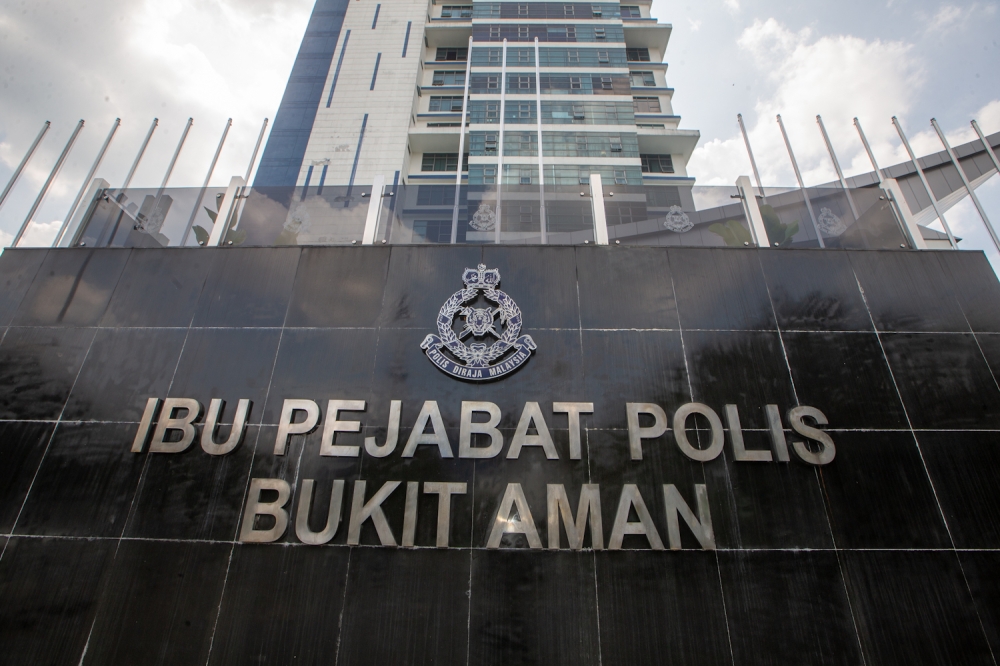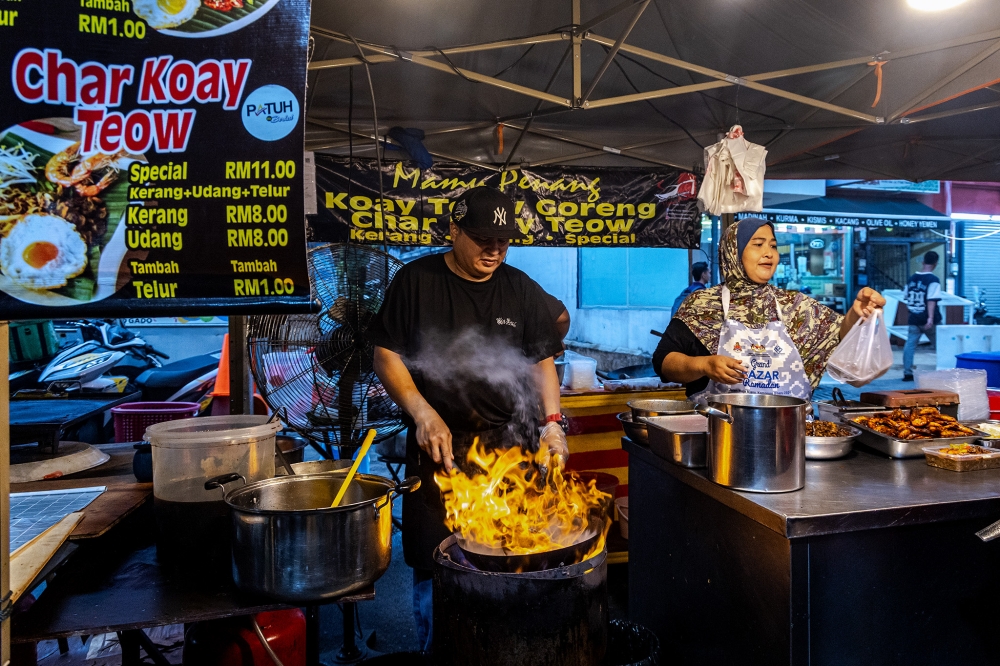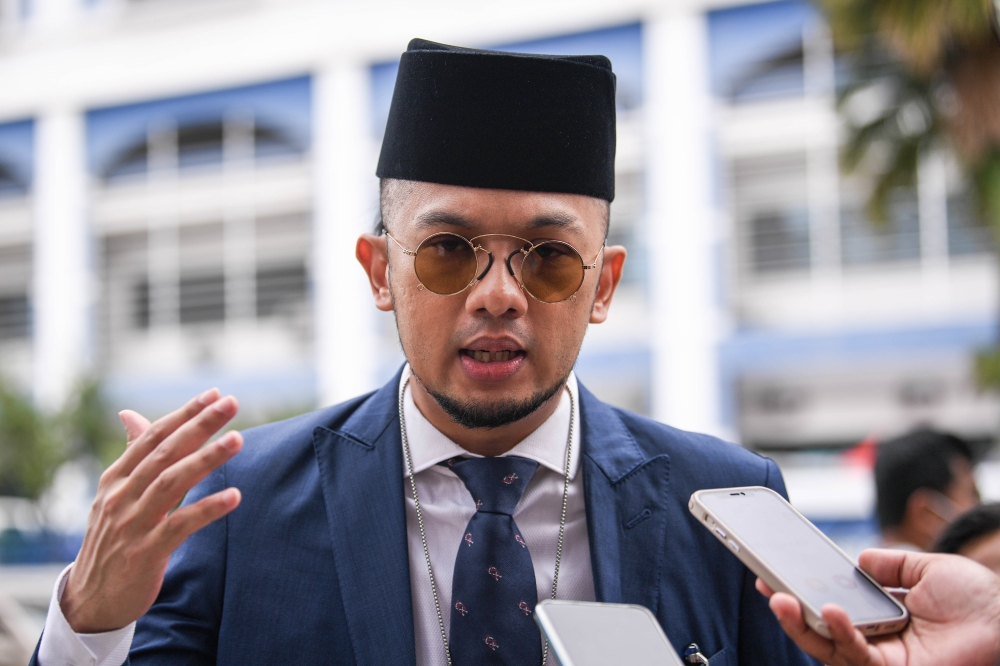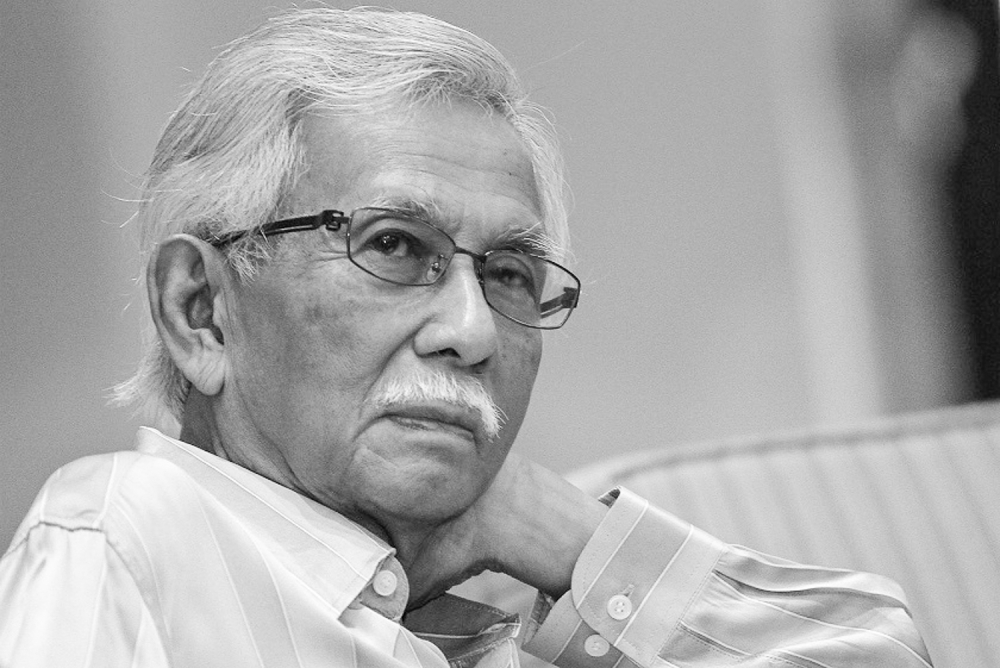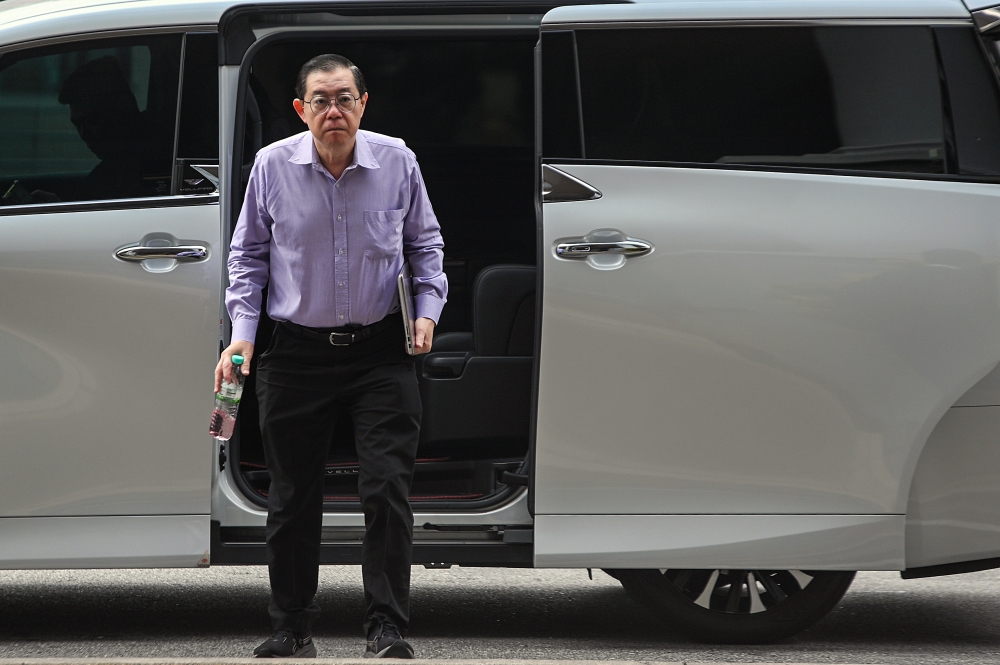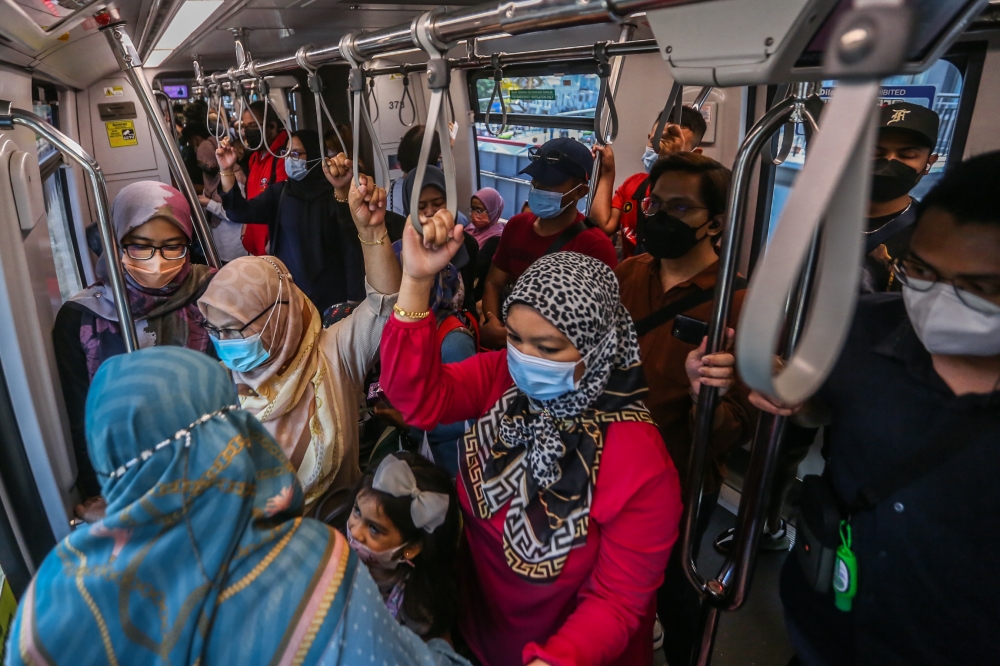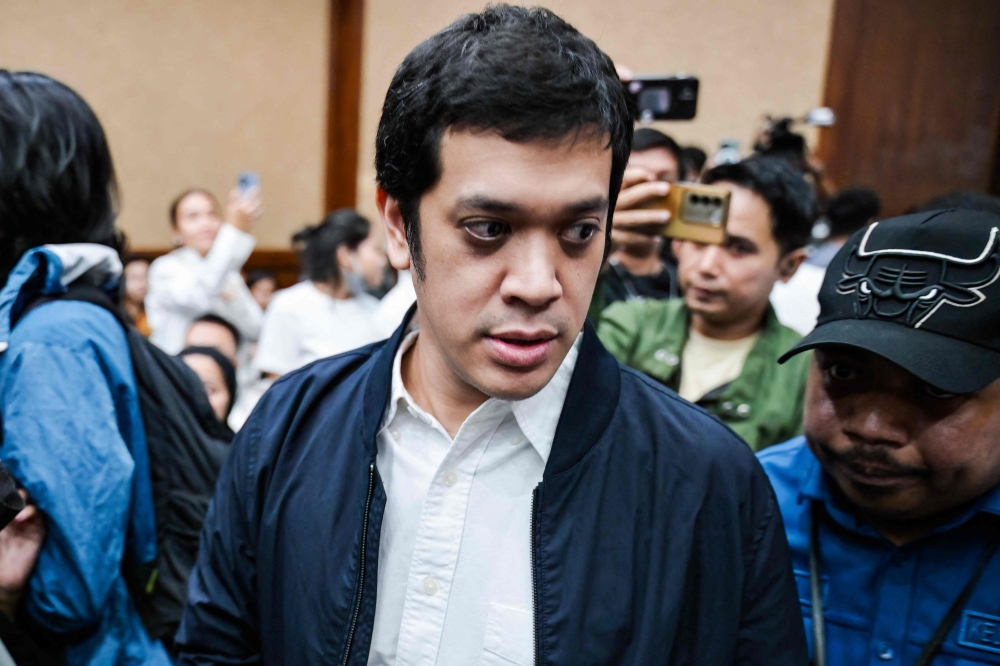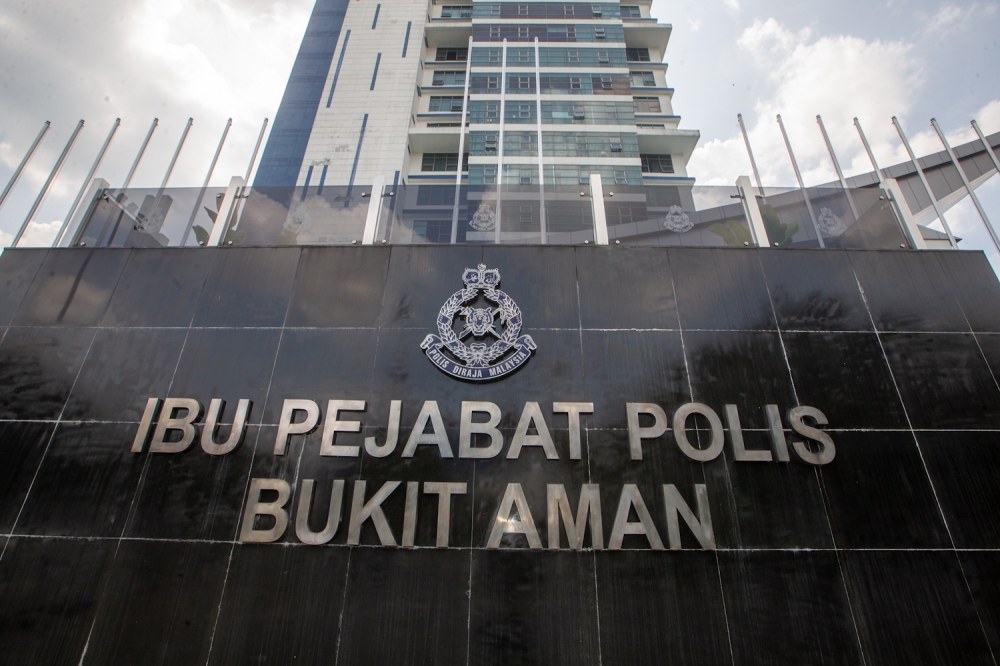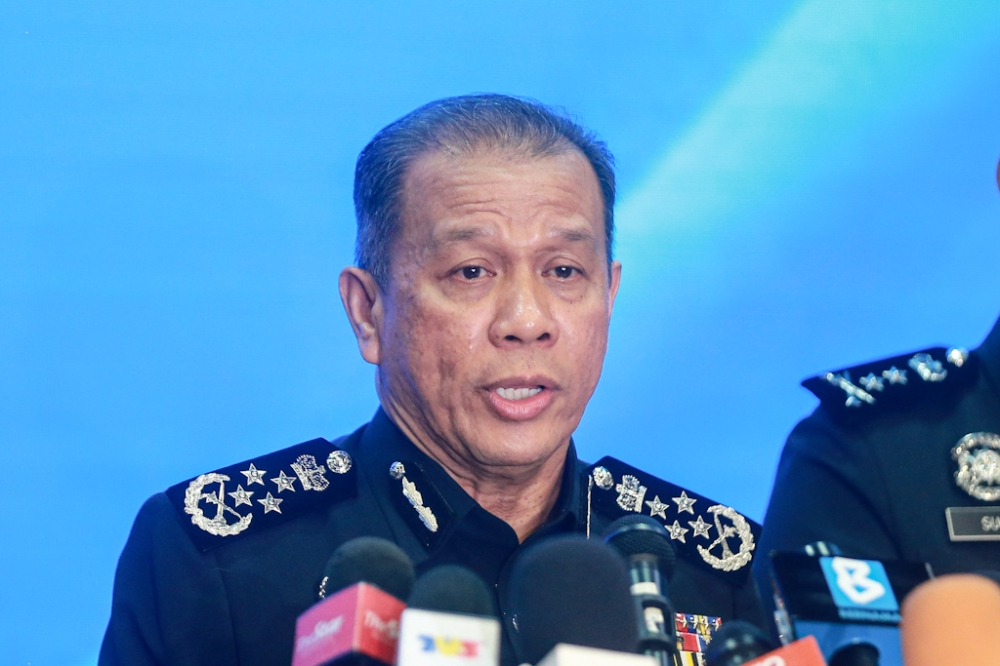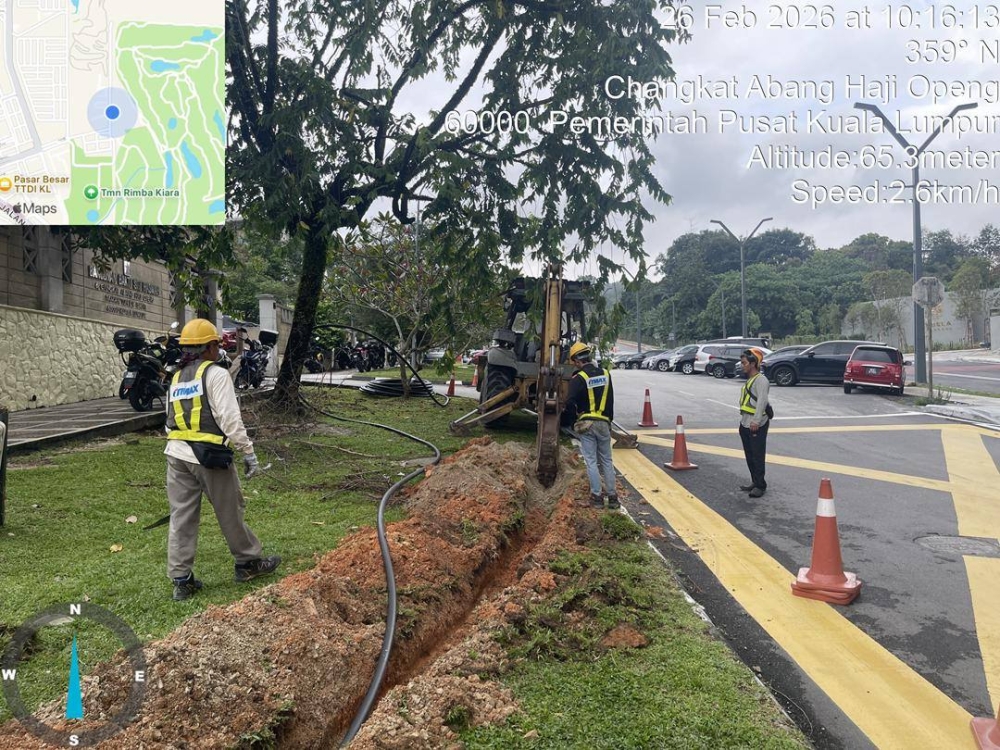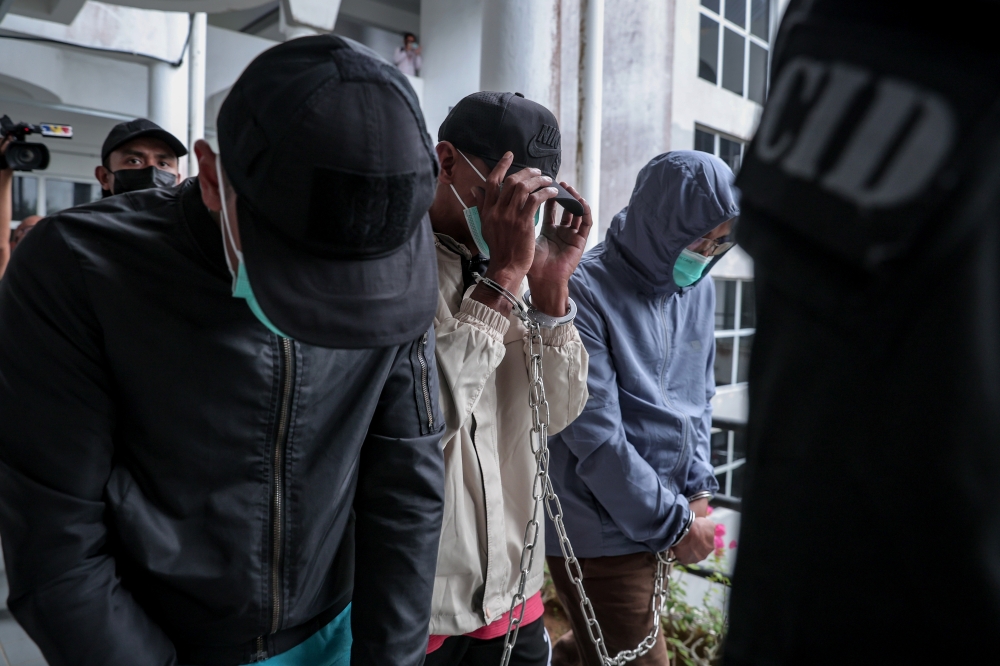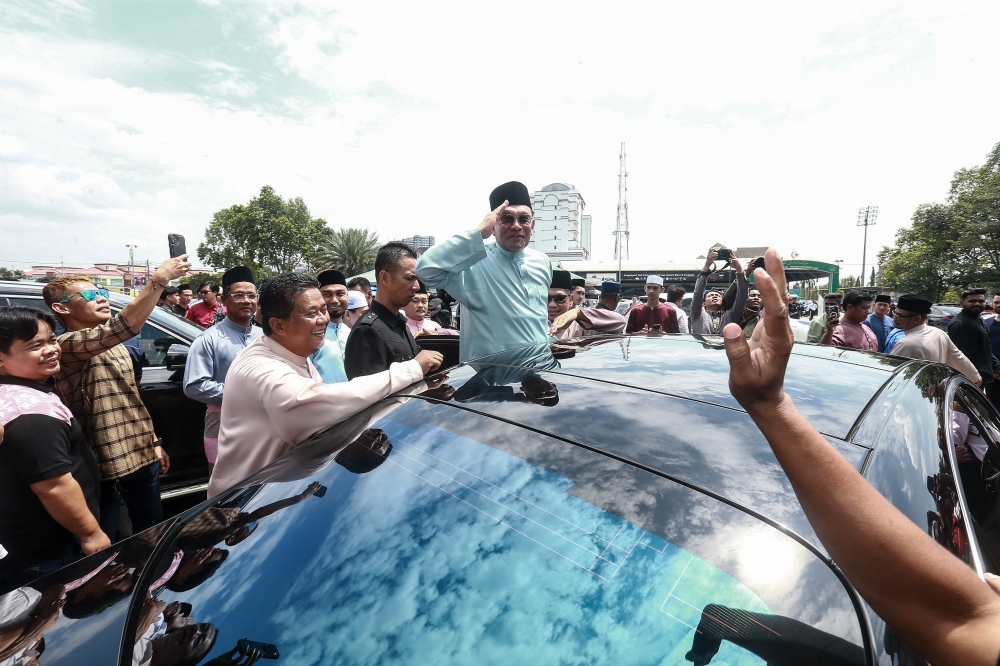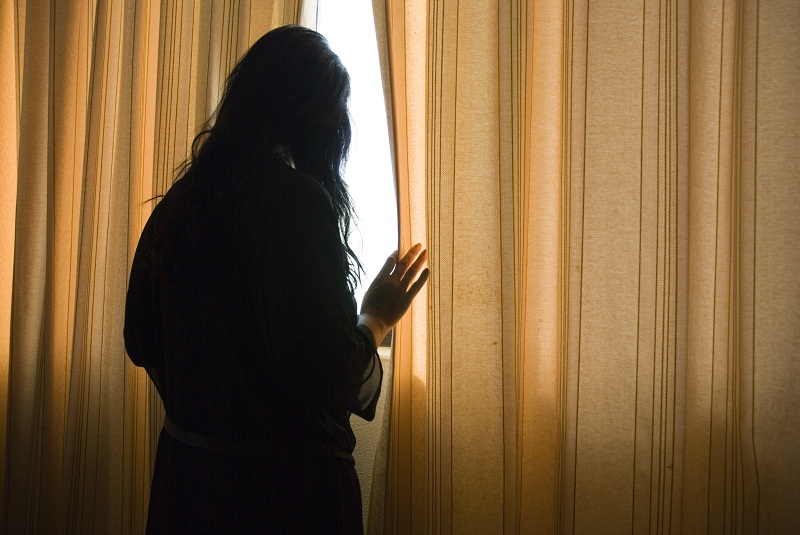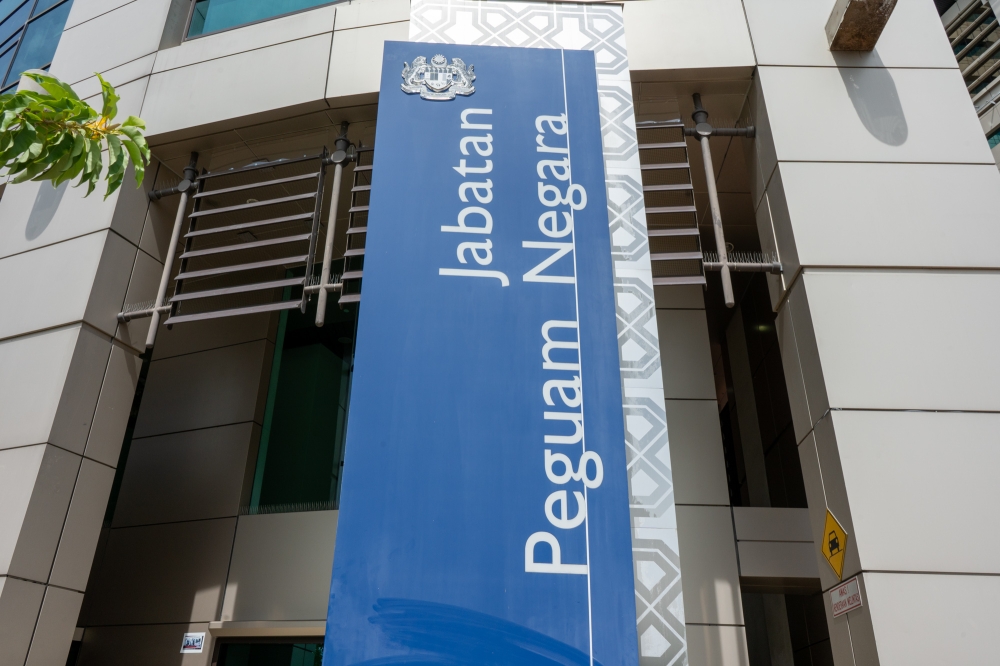KUALA LUMPUR, May 4 — With an increase in domestic abuse cases, public policy think tank Penang Institute has suggested classifying support services as an essential service.
Pointing out that the Ministry of Women, Family and Community Development had failed to recognise, let alone take charge of reducing domestic violence cases, the group outlined several other forms of support that need to be put in place to address the issue in the long term, after the movement control order (MCO) is lifted.
“Until and when a vaccine for Covid-19 is found, it is highly possible that Malaysia will go through recurring MCO cycles in the next few months. Therefore, it is recommended that several crucial measures be put into place to ensure that domestic abuse survivors are protected.
“During MCO, it is extremely important to ensure that help is available and extended towards domestic violence survivors. Unfortunately, the Ministry of Women, Family and Community Development had not taken charge in the way they should
“Instead, they chose to launch a failed campaign urging women to be docile and submissive towards their husbands, using cartoons — where the character is ironically male — as an example,” said the Penang Institute in its crisis assessment report.
It recommended acknowledging domestic violence support as an essential service, and urged the ministry to work with the National Security Council to formulate proper standard operating procedures (SOPs) in relation to domestic violence support.
“Among others, survivors must be given access to transportation and clearance to travel beyond the stipulated 10km radius in seeking shelter and support. The SOPs must clearly state that survivors seeking to escape their abusers will not be detained,” it said, adding that government officers from the Department of Social Welfare and other relevant departments must be given clearance in carrying out their work of supporting domestic violence survivors.
It also said that financial aid should be given as a significant percentage of domestic abuse survivors are financially dependent on or financially controlled by their abusers.
“In leaving their abusive partners, the survivors may be expected to encounter difficulties in maintaining a living, even more so if they are unemployed, or had had their employment and/or income stream disrupted by the MCO,” it said.
The group also suggested that there is a need to establish more emergency shelters for survivors which could be converted council-owned buildings, budget hotels or similar and increased public awareness and support channels and platforms.
Penang Institute also recommended establishing partnerships between public and private bodies to provide safe spaces for domestic abuse survivors, such as between the state government, women’s NGOs and accommodation providers where a small amount of rooms can be made available for survivors, with the fee partially subsidised by the government.
“If there are enough players on board for this suggestion, a bevy of safe spaces can be created for the victims and survivors,” it said in its report.
The group said it was imperative that survivors be given skills training and employment assistance for survivors to be able to gain financial independence, especially in the post-pandemic period.
“The gain of economic independence could mean the difference between staying put and leaving an abusive relationship.
“The skills training programmes can cover technical skills such as administrative and clerical skills, or vocational skills such as crafting. For those who are able, more highly skilled training can be provided, including programming, digital marketing and e-commerce,” it said.
Talian Kasih, a national hotline managed by the Ministry of Women, Family and Community Development (MWCFD) said they received a 57 per cent increase in calls between 18 to 26 March.
The Ministry claimed that the increased calls were on diverse matters relating to Covid-19, citing that there was no sign of a rise in cases of domestic abuse.
However, the Women’s Aid Organisation (WAO) saw a 14 per cent increase in calls during the first two weeks of the MCO and a 112.2 per cent increase in the following first two weeks of April, indicating that the longer the MCO was in place, more instances of domestic violence took place.
WAO is currently working together with Mercy Malaysia and the Ministry of Health,
with a national Covid-19 psychosocial support hotline in operation since April 15.
An additional 19 psychosocial volunteers from Mercy Malaysia and 10 counsellors from the Ministry of Health are supporting the hotline alongside 14 crisis support officers from WAO.

